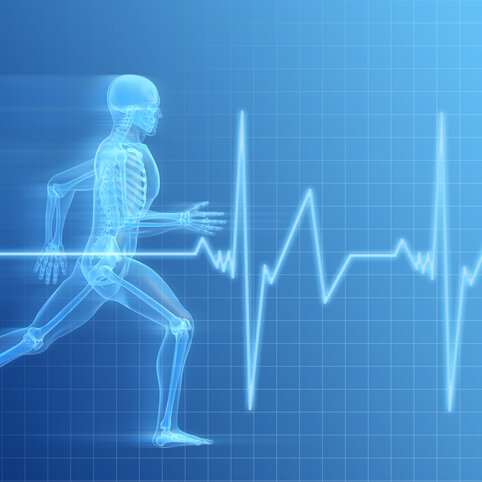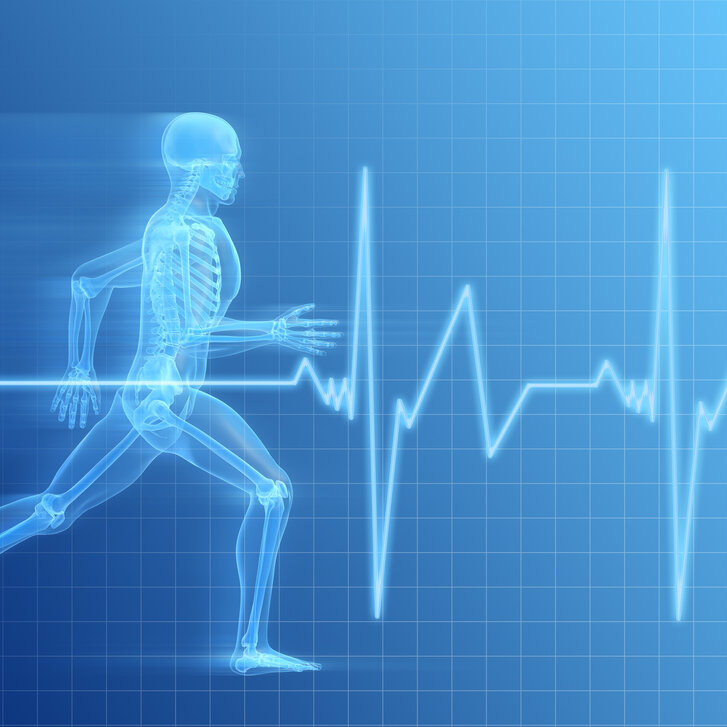
© iStock / SciePro
Summer and Winter School
Exercise Physiology in Health and Disease

© iStock / SciePro
Weitere Informationen entnehmen Sie bitte der englischen Version.


